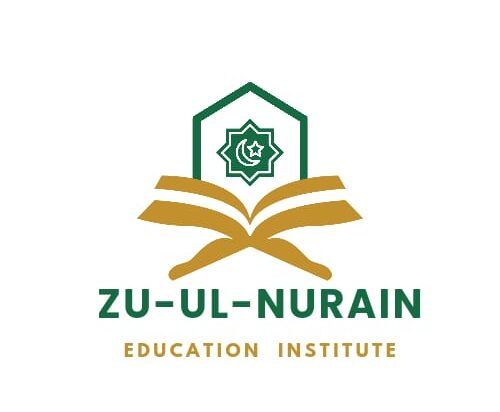Islam is one of the world’s major religions, with over 1.9 billion followers across the globe. The teachings of Islam provide guidance on all aspects of life, including spirituality, ethics, family life, and community interaction. A Basic Islamic Studies Course aims to introduce learners to the fundamental tenets of the Islamic faith, providing a well-rounded understanding of its core beliefs and practices.
Introduction to Islam
Islam, which means “submission to the will of God,” is based on the belief in one God (Allah in Arabic). It is a monotheistic religion revealed to humanity through the Prophet Muhammad (peace be upon him) in the 7th century in Arabia. Islam’s teachings are based on the Quran, the holy book believed to be the word of God, and the Sunnah, which is the recorded practices of Prophet Muhammad. 
Core Beliefs of Islam
Islamic beliefs are grounded in six fundamental pillars of faith:
- Belief in Allah: The oneness of God, who has no partners or equals.
- Belief in Angels: Spiritual beings who carry out God’s commands.
- Belief in Divine Books: Including the Quran, the Bible, and the Torah, with the Quran being the final and complete revelation.
- Belief in Prophets: Messengers sent by God, with Muhammad being the last prophet.
- Belief in the Day of Judgment: A final assessment where each individual will be rewarded or punished based on their deeds.
- Belief in Divine Decree (Qadar): Understanding that everything happens according to God’s plan.
The Five Pillars of Islam
Islam also prescribes five essential acts of worship known as the Five Pillars, which every Muslim is expected to follow:
- Shahada (Faith): The declaration of faith, affirming the belief in the oneness of God and the prophethood of Muhammad.
- Salah (Prayer): Performing five daily prayers at prescribed times.
- Zakat (Charity): Giving a portion of one’s wealth to the needy, usually 2.5% of one’s savings.
- Sawm (Fasting): Observing fasting during the month of Ramadan from dawn to dusk.
- Hajj (Pilgrimage): Undertaking the pilgrimage to the holy city of Mecca at least once in a lifetime, if one is able.
Understanding the Quran
The Quran is the holy scripture of Islam, consisting of 114 chapters (surahs). It covers a broad spectrum of topics such as theology, law, morality, guidance for Basic Islamic Studies, and social relations. Muslims believe it is the final revelation and a complete guide for the humanity.
Islamic Practices and Lifestyle
Muslims are encouraged to lead a life of humility, charity, and compassion. Key practices include:
- Modesty: Muslims are advised to dress and behave modestly in public.
- Halal and Haram: Certain actions, foods, and behaviors are classified as permissible (halal) or forbidden (haram) in Islam.
- Importance of Community: Islam emphasizes unity, brotherhood, and the welfare of the community, often manifesting in practices like communal prayer and charitable activities.
Conclusion
A Basic Islamic Information Course provides a foundational understanding of Islam’s beliefs, practices, and guiding principles. Whether for personal knowledge or academic pursuit, the course offers a deeper appreciation of one of the world’s most practiced faiths. This course serves as an entry point for further exploration into the spiritual and social dimensions of Islam.
FAQs
What is the reason of a Basic Islamic Information Course?
The course aims to educate people about the core beliefs, practices, and values ofI the slam, making a difference both Muslims and non-Muslims gain a better understanding of the religion.
Do I need prior information of Islam to take this course?
No, the course is designed for beginners and does not require any prior information of Islam.
Is this course only for Muslims?
No, the course is open to anyone interested in learning about the Islam, regardless of their religious background.
Will this course cover all Islamic sects?
The course typically focuses on standard Sunni Islam, which is practiced by the majority of Muslims. However, it may also touch on basic differences between Sunni and Shia Islam, depending on the curriculum.
How long does it take to complete the course?
The course durations vary but typically range from a few weeks to a few months, depending on the depth of material covered and the learning pace.
Will I need to learn Arabic to understand the Quran?
While learning Arabic can enhance your understanding of the Quran, most courses provide translations and explanations in different languages.
Are there any essentials for practicing the Five Pillars?
All Muslims are expected to the observe the Five Pillars, though certain conditions (e.g., health and financial ability) may exempt individuals from specific obligations, like fasting or pilgrimage.

